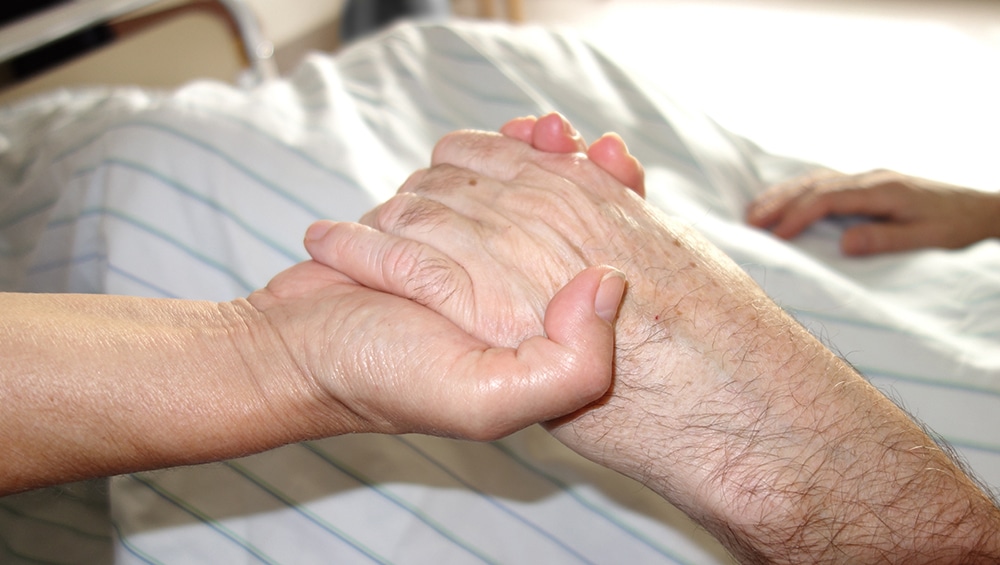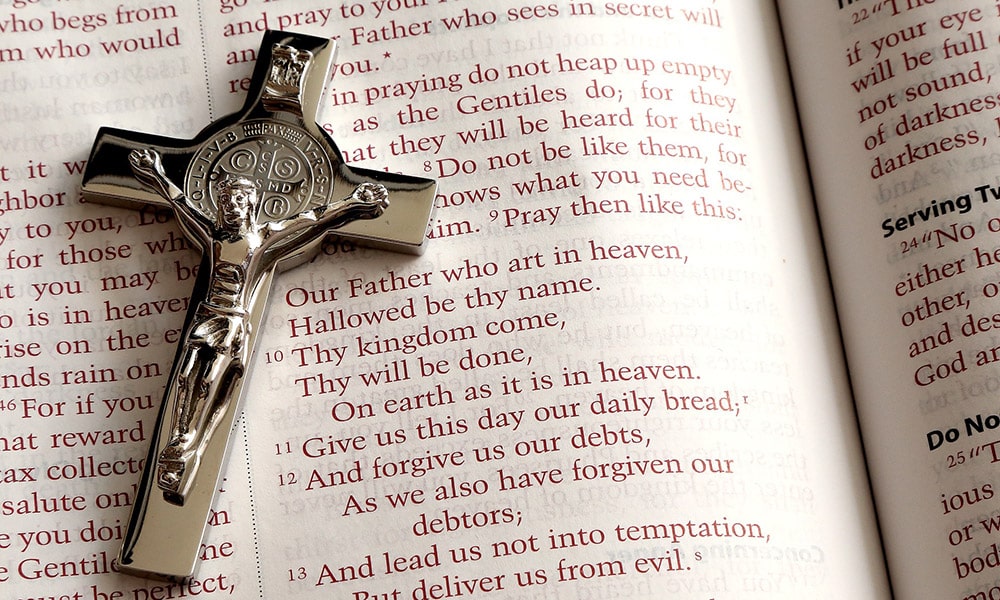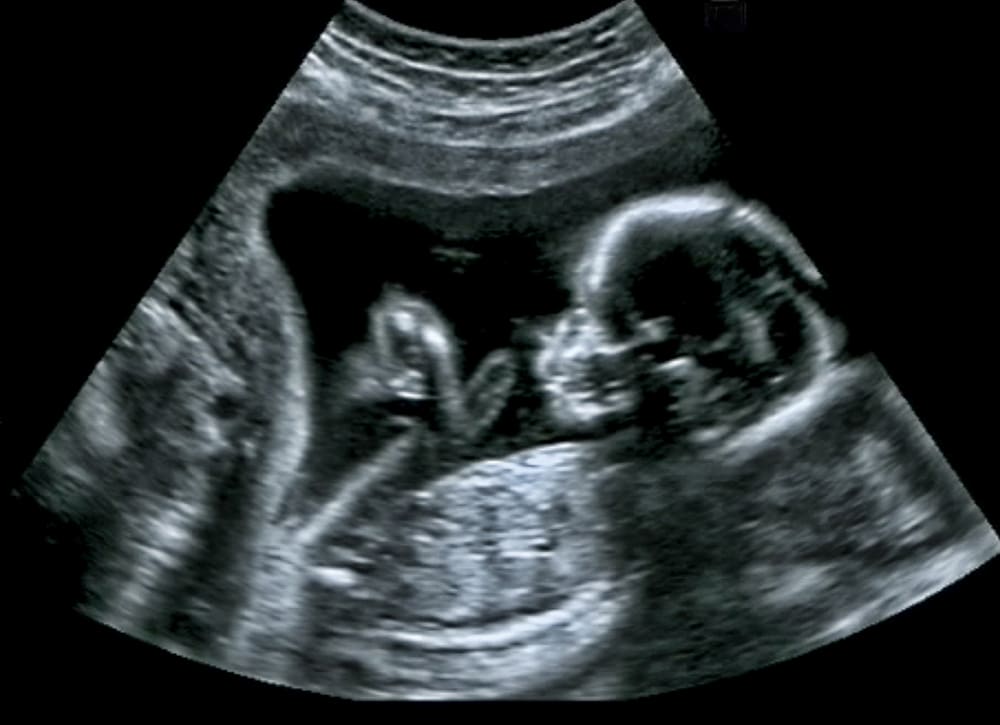Vincent Lambert, a severely injured quadriplegic as a result of a car accident 10 years ago, is in a French hospital. Although he is not terminally ill or in a coma, a doctor decided in April that because of the “therapeutic obstinacy” of his persistent survival, he should have his feeding tubes removed and be starved to death. A court has appointed a panel of medical experts to examine Lambert’s health, and there is still a battle over which experts are to be on that panel and their decision.
Life is being devalued in Western society and induced death is becoming acceptable. The unborn, handicapped, seriously ill, elderly and those incapable of leading economically productive lives are at particular risk. There is a movement to halt the continuing afflictions of old age and illness through euthanasia and assisted suicide.
Recent battles
A recent example of purposeful death was that of Alfie Evans, a young child in England, who had a rare neurodegenerative disorder that put him in a continuing coma. The doctors could not treat it, but refused to allow him to be moved to Italy for therapy, despite pleas from many, including Pope Francis. A year earlier, infant Charlie Gard was likewise denied transfer from a London hospital for an experimental procedure in New York to treat his terminal, neurological condition. In each of these occurrences, the courts overruled the parents and allowed the hospitals to decide what was in the best interest of the children.
Assisted suicide, moreover, is increasing in the United States. Stephanie Packer, a California mother of four young children, was diagnosed in 2012 with an autoimmune disease and given three years to live. In June 2016, one week after the state legalized physician-assisted suicide, her health insurance company reversed its earlier decision and denied her doctor-recommended therapy. It would allow her, however, to obtain a lethal dose of suicide pills for a co-pay of $1.20. After media attention, the insurance company relented and covered her treatments.
‘Ominous implications’
Today, seven U.S. states and the District of Columbia permit physician-assisted suicide, and this movement has ominous implications. The medical community cannot predict with accuracy how soon a patient might die. Stephen Hawking was diagnosed with ALS at the age of 21 and was given two to three years to live. Although completely crippled, he lived to the age of 76, and was renowned as a theoretical physicist and cosmologist. There are many cases in which terminally ill patients have survived well beyond a physician’s projected life span, even recovering from years-long comas.
While conditions established for assisted suicide may appear to be compassionate, experience shows that reasons for sanctioning physician-assisted suicide expand over time. In the Netherlands, where euthanasia has been legal since 2002, many of the reasons given for choosing to be euthanized are depression, dementia, old age and loneliness, none of which qualify as a terminal illness, and there are movements to allow any person over 70 — regardless of health — and terminally ill children to request it.
The gift of life
Is life not worth living if an individual is in a coma, has mental or physical handicaps, cannot live without constant pain, or needs significant assistance in daily life? Stephanie Packer answered the question, saying, “Though it is a struggle, so much joy and beauty is right in front of you if you are willing to open yourself up and see the possibilities.”
The position of the Catholic Church is clear: Life begins at conception and continues until natural death. Humans have physical bodies and spiritual souls, which are created in the image and likeness of God. As such, they have inherent worth, dignity and an unalienable right to life, even if their quality of life is not up to societal norms. Pope Francis has reminded us that: “Even the weakest and most vulnerable, the sick, the old, the unborn and the poor, are the masterpieces of God’s creation, made in his own image, destined to live forever, and deserving of the utmost reverence and respect.”
When the quality of life is considered more important than life itself, when cost containment becomes a criterion for medical decisions, when euthanasia and assisted suicide become therapeutic options, life is no longer treated as a right endowed by the Creator. No person or government has the right to usurp a gift of God; no individual the right to throw it away.







